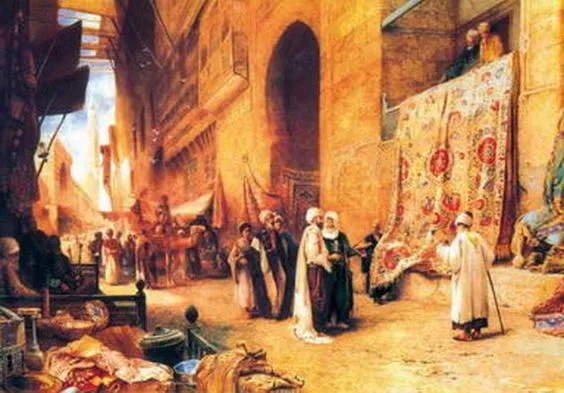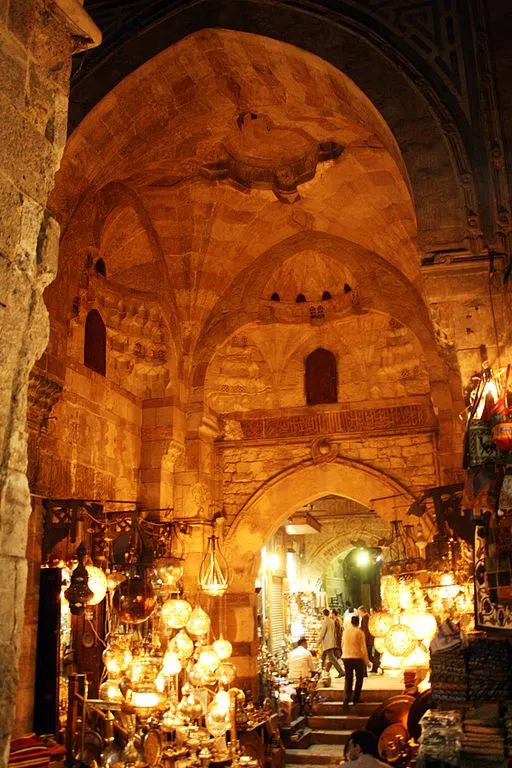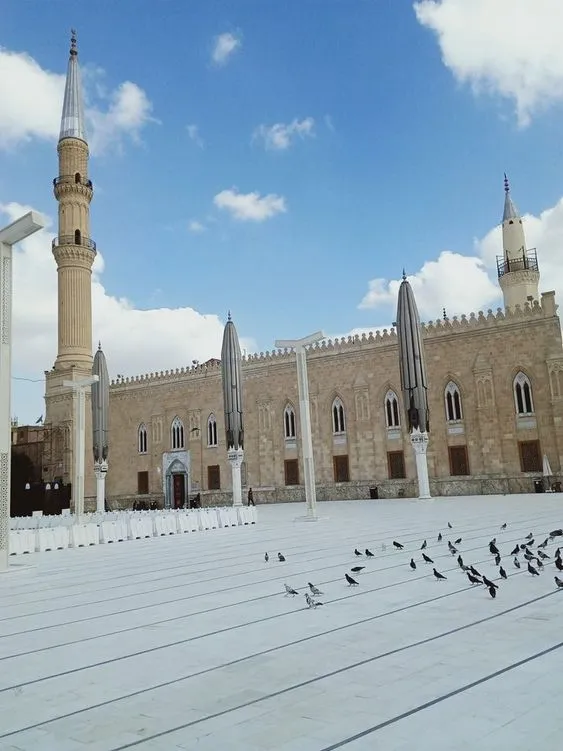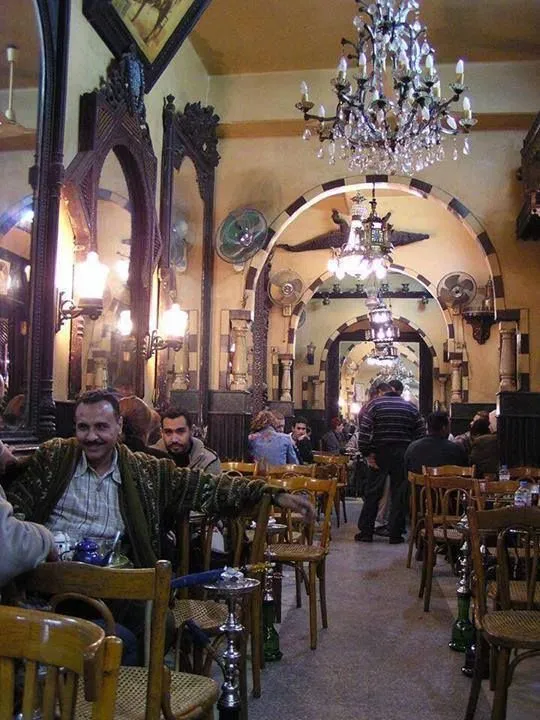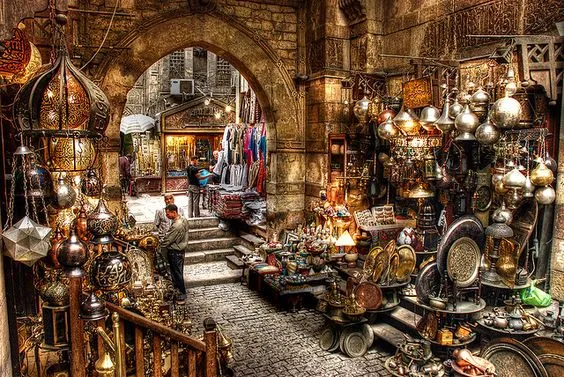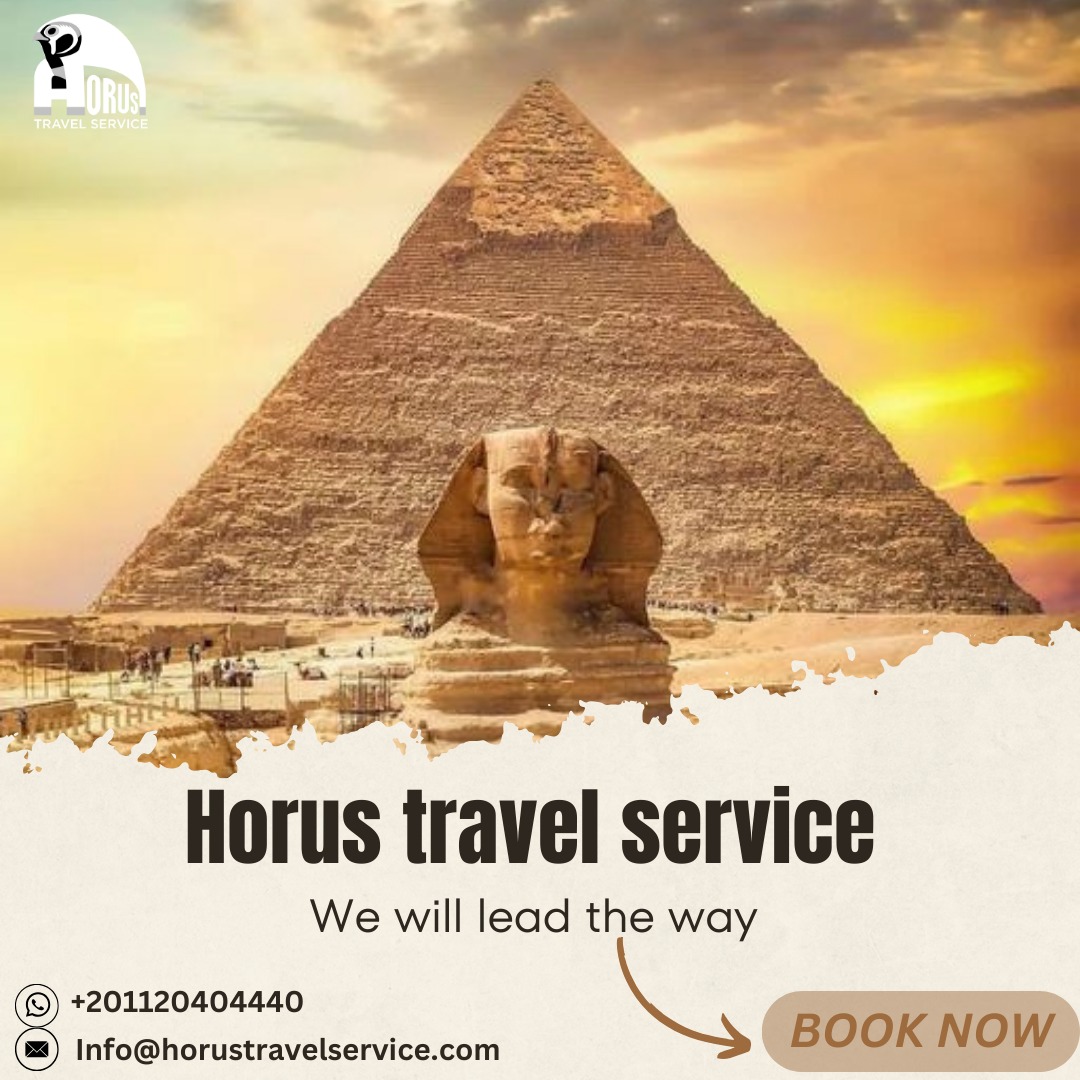

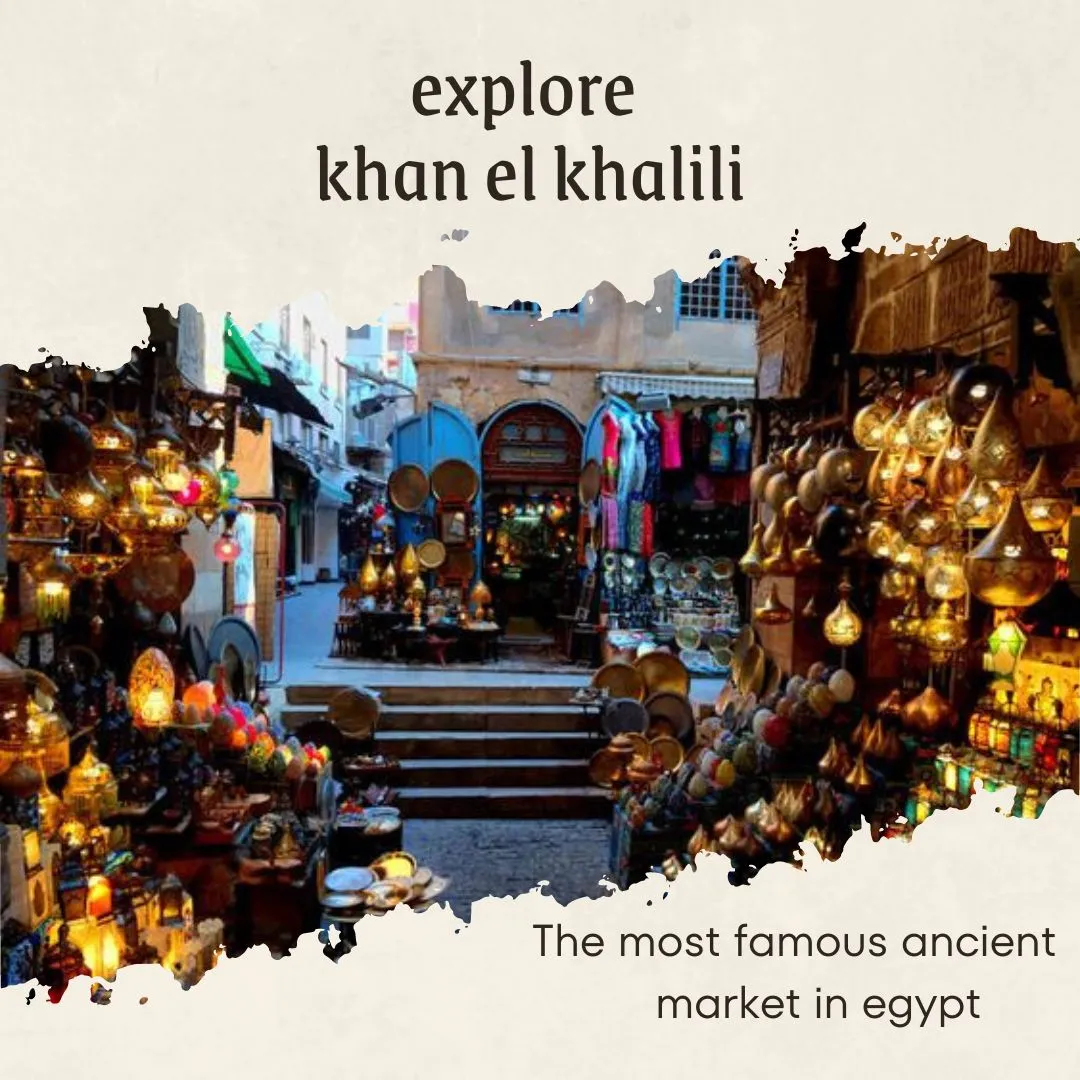
2024-07-15 15:57:44
Khan el-Khalili - Egypt's most famous ancient market
As a matter of fact, the name "Khan el-Khalili" is derived from its founder, Emir Djaharks el-Khalili, one of the powerful Mamluk leaders. The term "khan" is Persian and refers to a caravanserai or an inn that provided accommodation to traveling merchants. It describes a form of commercial architecture giving board and lodging accommodations together with storage facilities for traders and their goods.
It was named after its founder, Emir Djaharks el-Khalili, a destined prominent figure during the Mamluk Sultanate. In 1382, this selfsame Emir el-Khalili built the market on top of a former Fatimid cemetery and turned it into a busy commercial hub. On this note, the name "Khan el-Khalili" combines "khan," meaning caravanserai or market, with "el-Khalili," thus being named in the honor of its founder.
Emir Djaharks el-Khalili built the market as a center for trading. He wanted it to be a place where merchants from throughout the region would come. His name has been attached to this market down through many long, intervening centuries, a reminder of its historical origins and the legacy left behind by its founder.
Khan el-Khalili, located in the very center of Cairo, is among the oldest and most famous bazaars in the Middle East. Being full of various historical events, coalesced with a lively atmosphere and many interesting architectural styles, it is an interesting place of Cairo's cultural and commercial life. Dating back to the very end of the 14th century, Khan el-Khalili used to be an ordinary caravanserai before it developed into this most crowded bazaar, which nowadays is full of traders and even tourists coming from all over the world.
During the Mamluk period, the market developed very fast. It was an age of commercial and cultural relations; this served as a great business center where all merchants from all over the Islamic world and other foreigners came to sell their goods.
The architectural components added by the Mamluks were essentially the erection of mosques, sabils (public drinking fountains), and madrasas (Islamic schools), which gave the market its essence and contributed structurally to the social life there.
The Ottomans continued the expansion of Khan el-Khalili as a commercial center. They renovated and expanded it, building more shops, storehouses, and public facilities.
The market acquired its reputation through such innovations as circumscribed quarters for goldsmiths, spice merchants, and sellers of textiles. In this way, such an organization streamlined trade and turned Khan el-Khalili into an effective marketplace.
Labyrinthine Streets
Narrow, curving streets lined with shops and stalls characterize the Khan el-Khalili. This type of street pattern gives a maze effect, very inviting to any curious explorer.
Architecturally, the bazaar is an evidence of its many historical layers. Some buildings, which were from different eras, give a mixture of Mamluk, Ottoman, and modern styles.
Al-Hussein Mosque
Located near Khan el-Khalili, this mosque represents one of Cairo's most sacred Islamic sites. The mosque is said to contain the head of Husayn ibn Ali, grandson of the Prophet Muhammad.
El-Fishawi Café
Founded in 1773, this was the cafe where philosophers, artists, and writers used to come. It is still there today and offers one an excellent opportunity to taste traditional Egyptian coffee and tea amidst the sounds and smells of the market.
Traditional Crafts
This market is well known for its artisans, who create an extremely broad spectrum of traditional crafts: handmade jewelry, copperware, carpets, perfumes, and leather goods—many of which are created using methods handed down through generations.
Workshops and studios within Khan el-Khalili open up an opportunity for visitors to witness artisans at work, thereby giving meaning to the craftsmanship that defines the very essence of this market.
Shopping
-Khan el-Khalili contains a diverse range of everyday and souvenir merchandise. There are no fixed prices; indeed, tourists are strongly expected to bargain with vendors.
-Egyptian cotton, spices perfume, silver jewelry, traditional clothing, and handicraft items are very popular.
And if Egypt is ringing in your mind now, you can explore the breathtaking beauty of timeless beauty, ancient mysteries under the safekeeping leadership of Horus Travel Service.
Book your ideal tour now!

Newsletter
Sign up to receive the best offers


